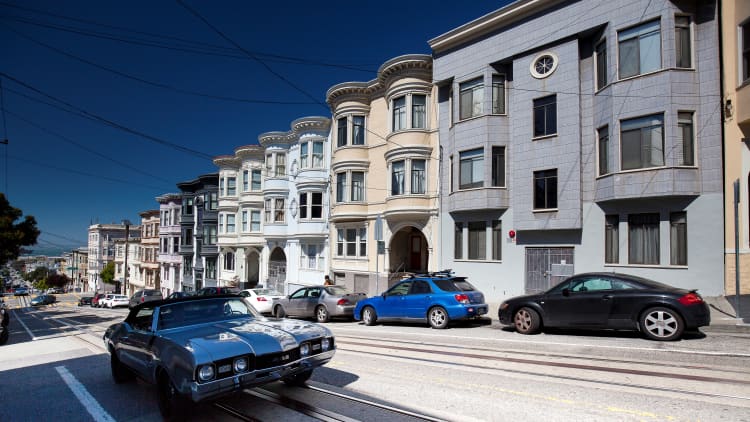San Francisco may hike a corporate tax that includes the value of employee stock options -- right as companies like Lyft, Pinterest and Uber are going public, the San Francisco Chronicle reported Wednesday.
San Francisco District 4 Supervisor Gordon Mar plans to propose a 1.12% payroll tax on stock-based compensation for the November ballot. The tax would kick in for businesses as employees exercise their stock options.
The move would essentially restore the payroll tax rate that existed before 2011, when San Francisco changed its business tax laws to help keep pre-IPO tech start-ups from moving to other parts of the Bay Area.
The move worked, and many companies stayed in the city through their IPOs, including Twitter, Zendesk and Square. But now that the initial public offering pipeline is filling up again with companies like Uber, Airbnb, Slack and Postmates, Mar believes these companies should pay more to help offset "negative impacts" of their growth, like housing affordability and traffic congestion, the Chronicle reports.
Mar plans to propose the tax officially in May. Six members of the Board of Supervisors need to support the plan to put it on the ballot, and the proposal needs a two-thirds vote to pass in November.
Initial city estimates demonstrate that the tax could collect between $100 million and $200 million in the first two years, the Chronicle reported.
Read the article from the San Francisco Chronicle here.
WATCH: How IPO millionaires are impacting real estate in San Francisco



